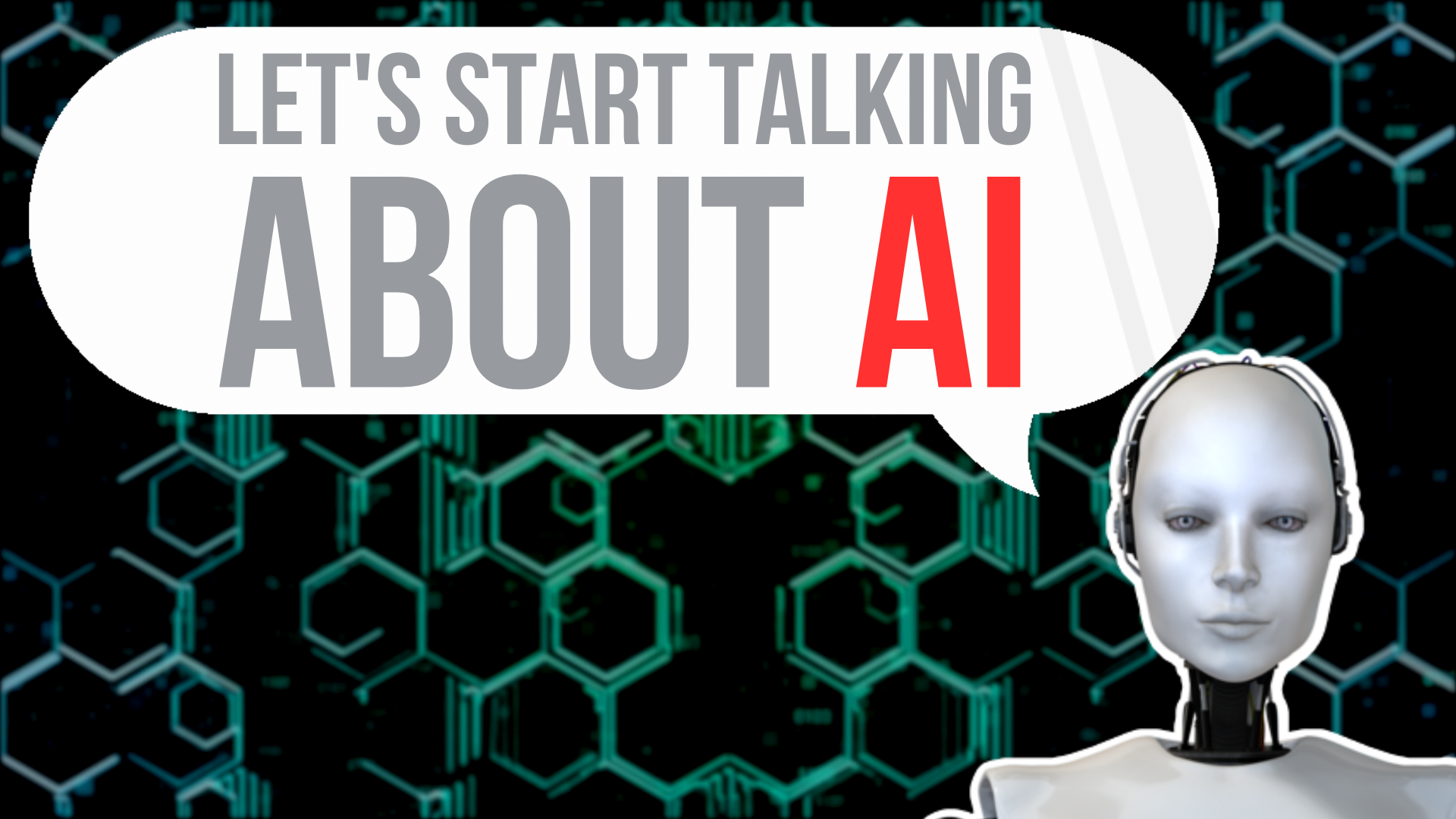
Let’s play AI lingo bingo!
If you use Google Assistant on your Android, Alexa to turn on your CBC Radio in the morning or Fireflies to record your meetings, mark those squares off.
Have you tried ChatGPT? Mark it off.
How about Midjourney? Dab that square too.
AI streamlines and adds to our lives in countless ways. You may have heard people talk about weak AI (also called narrow AI), which is artificial intelligence that is limited to a specific or narrow area. It simulates human cognition and often automates repetitive or time-consuming tasks. By contrast, strong AI is a theoretic machine intelligence that is equal to human intelligence.
If these two terms are new to you, you’re not alone. As technology evolves, fresh terms are being added that we may not be familiar with now, but we will be.
Fact is, we are fluent in the technobabble so we can translate for you.
It’s a brave new world of interaction between humans, machines and computers, but we’ve got you covered, so let’s take a look at a few of the words you might come across.
If you’ve used ChatGPT or something like it, chances are you’ve used what is called a “chatbot.” It mimics human conversation and can certainly be used for things like customer service questions or changing your St. Patrick’s Day limerick into leprechaun speak.
When someone uses the term “deep learning” they’re referring to the AI system learning multiple layers of data to extract deeper meaning. For example, current search tools use algorithms to generate results. AI that uses deep learning will return more authentic results generated from real-world interactions.
Don’t be intimidated by a term like “machine intelligence” because it is just another way to say artificial intelligence. It encompasses all sorts of AI, including machine learning, deep learning and conventional algorithms.
A final good one to be familiar with is natural language understanding (NLU). It is a branch of AI that uses software to understand input in the form of sentences using text or speech.
Of course, there’s going be scads of new terms all the time, so keep reading this blog to stay up to date with the latest ones. We’re experts in this area so you don’t have to be.